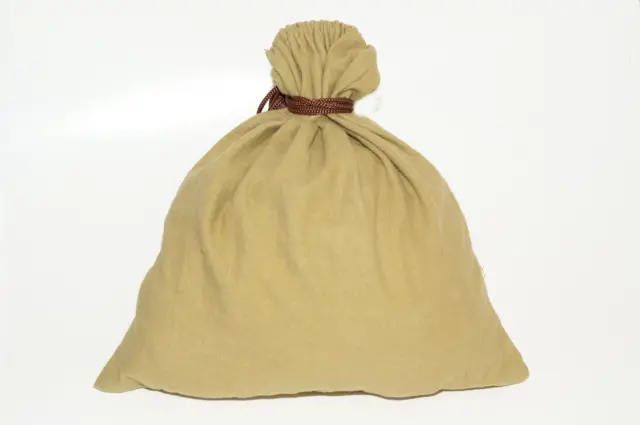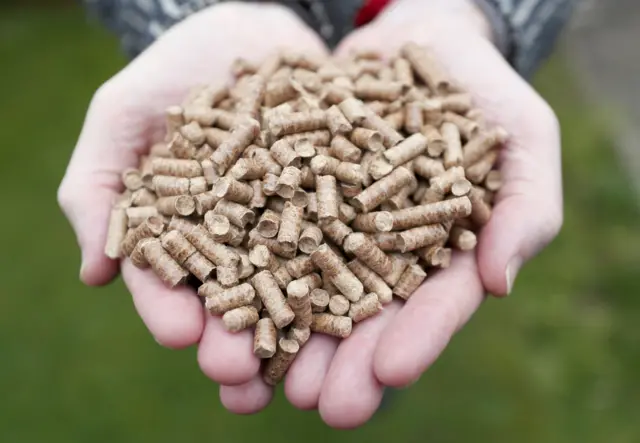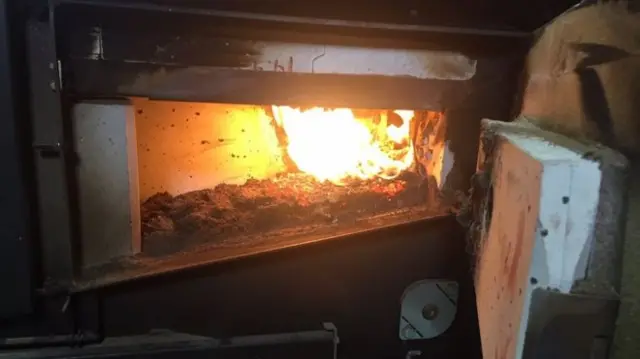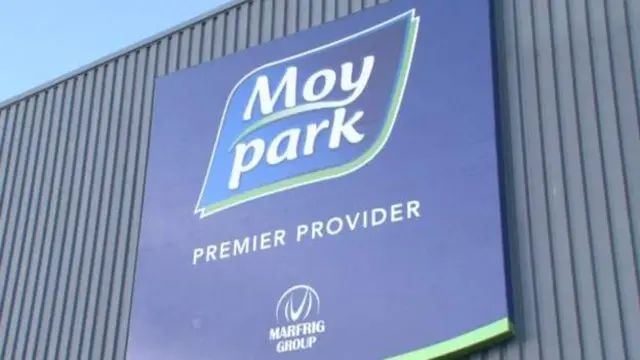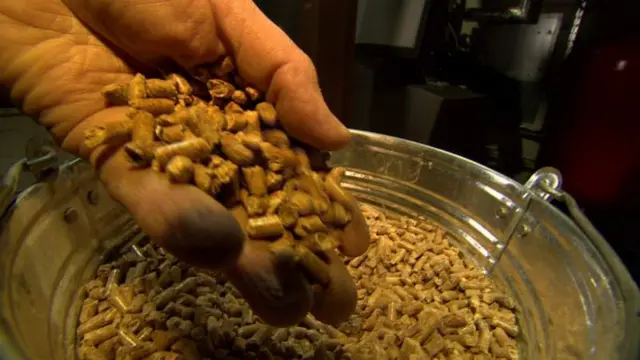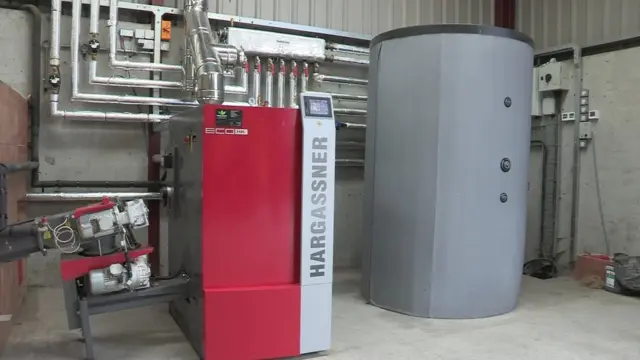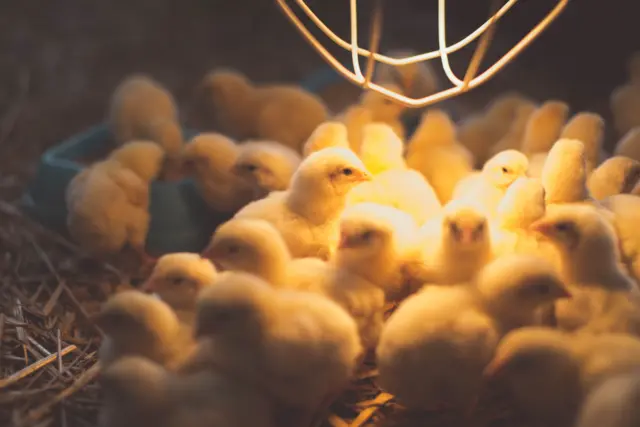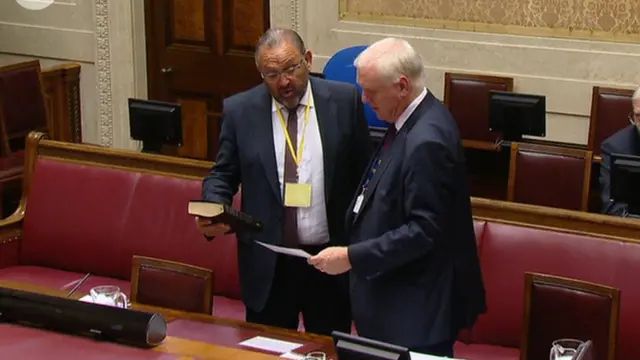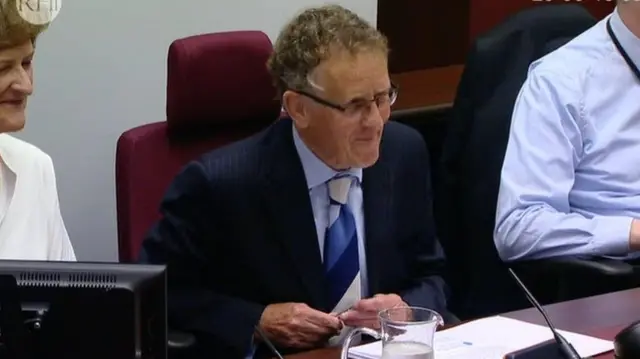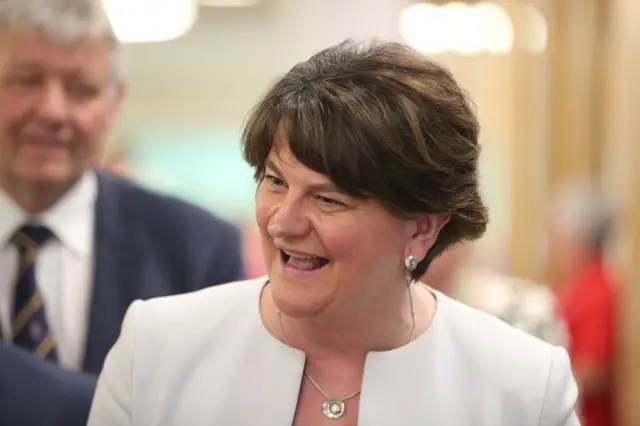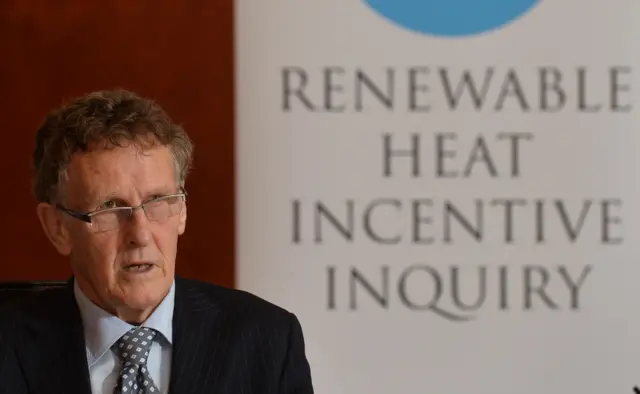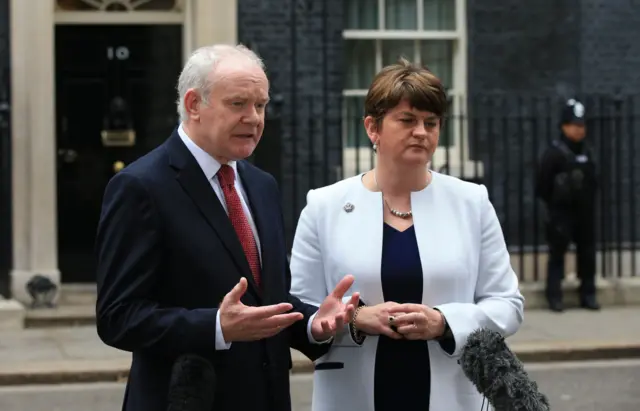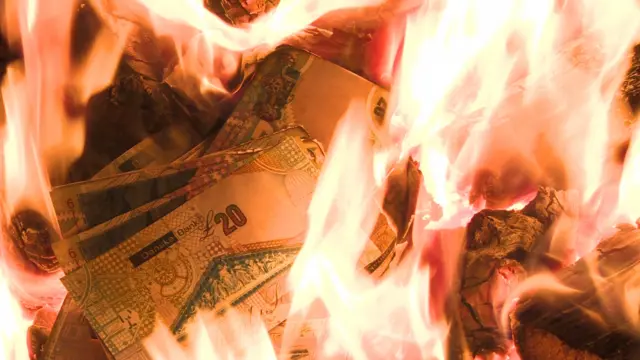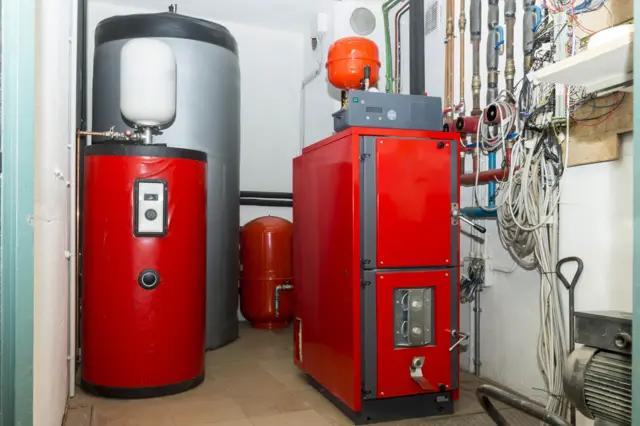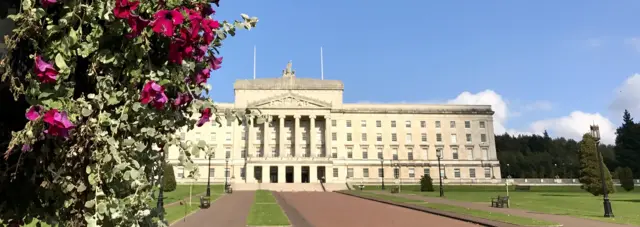'Moy Park warned that burning to earn was illegal'published at 11:53 BST 29 June 2018
Panel member Dame Una O'Brien raises a point made by poultry farmer Tom Forgrave when he gave evidence last week.
Concerns were raised about the working conditions of the catchers whose job was to remove poultry from the sheds - it appeared that the boilers were still set to high temperatures when they should've been switched off.
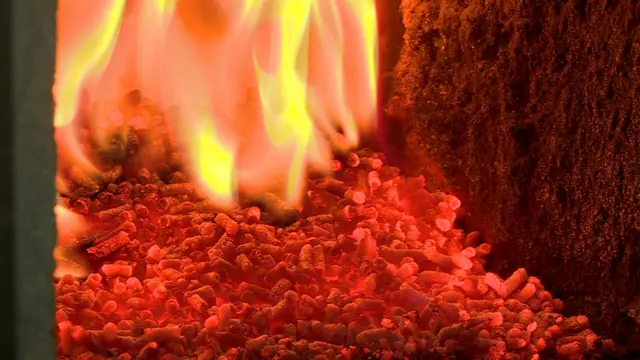
Mr Mark says Moy Park was aware of the potential "weakness" in the scheme "that it gave that incentive to overuse" heat.
The witness says the company warned farmers that they needed to be responsible in their use of heat.
It also reminded them that the scheme could be policed and that generating heat for the primary purpose of getting payments was illegal, he adds.
